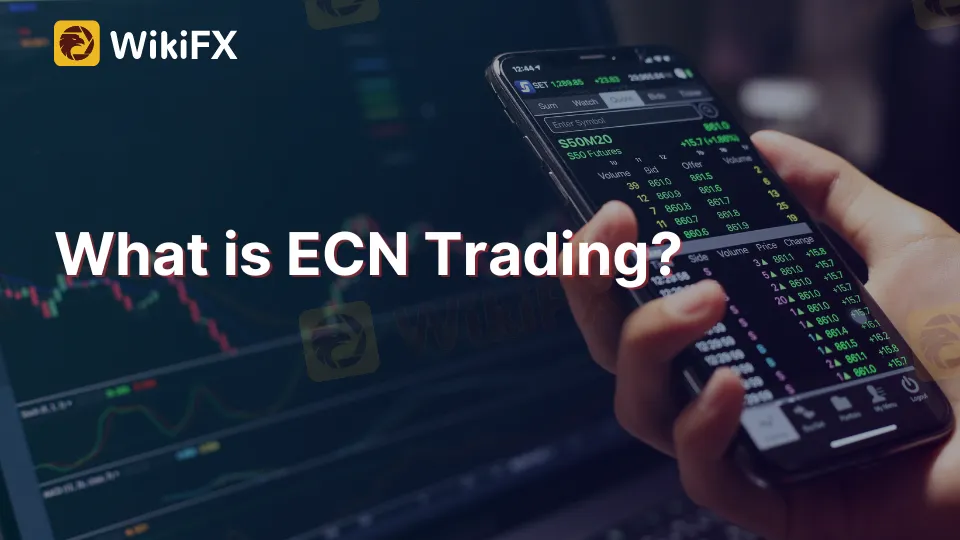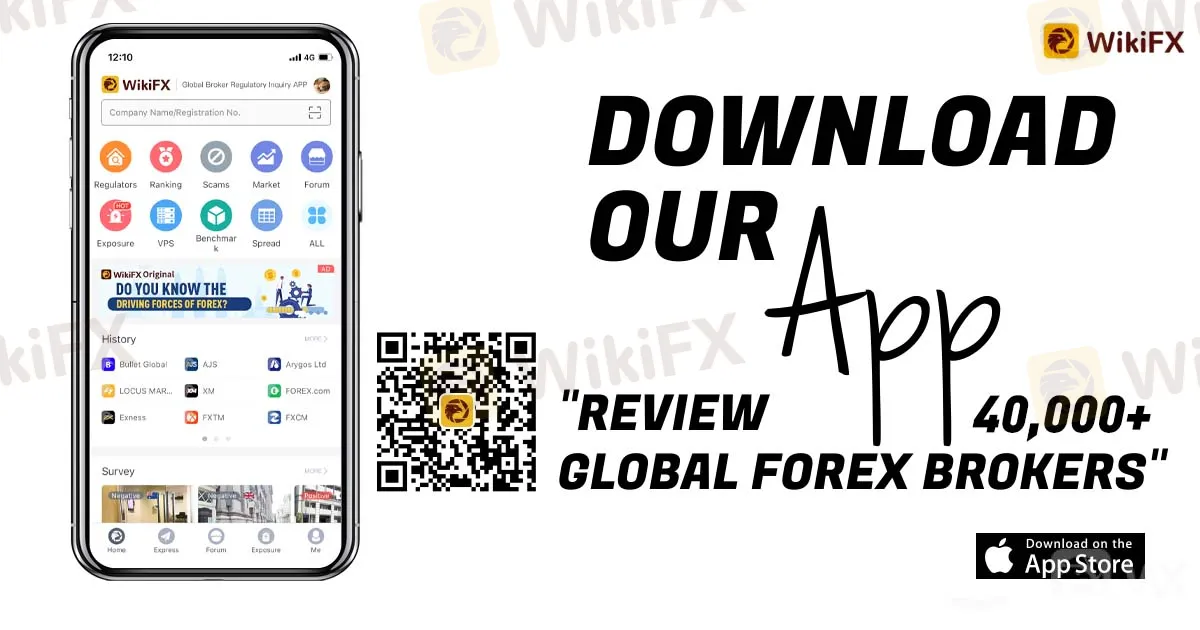简体中文
繁體中文
English
Pусский
日本語
ภาษาไทย
Tiếng Việt
Bahasa Indonesia
Español
हिन्दी
Filippiiniläinen
Français
Deutsch
Português
Türkçe
한국어
العربية
What is ECN Trading?
Abstract:Explore ECN trading, a democratizing force in the financial markets. It provides a direct, efficient connection between traders and liquidity providers, bypassing the need for intermediaries. Learn about ECN brokers, benefits, and how to choose one.
ECN, an acronym for 'electronic communication network', denotes an automated trading component that bridges the gap between individual traders and liquidity providers. These liquidity providers can include banks, brokerages, or even other traders. Notably, ECN trading democratizes access to the financial markets, permitting individuals with varying types of trading accounts, irrespective of their balance size, to participate in the global marketplace.
An ECN broker, generally a No Dealing Desk (NDD) broker, ensures a seamless connection between parties during trading transactions. There's no Dealing Desk through which a client's orders have to pass, expediting the execution process.
Exploring the Details of ECN Trading
An ECN is a technologically advanced system designed to publish traders' orders directly to third parties and other individual traders. This automated process involves the execution of buy and sell orders, ensuring that traders get the best price available at the time.
ECN trading, using cutting-edge technology, establishes a direct link between all traders, regardless of their size, and liquidity providers. This direct connection eradicates the need for a 'middleman', thereby enhancing the efficiency of your transactions.
One key benefit of ECN trading is that it provides tighter spreads and a more in-depth view of market pricing. The ECN broker compiles quotes from multiple participants, aiming to offer you the smallest bid/ask spreads available. This intricate automated trading process offers real-time market quotes and swift execution.
It's apt to envision ECN trading as a marketplace where brokers' clients can directly trade with each other. This arrangement empowers traders to secure the best possible offer at any given moment.
Comparing ECN Brokers and Market Makers
There's often a comparison between ECN brokers and market makers, with each having unique advantages. ECN brokers provide an electronic trading system for traders, enabling them to deal directly with other participants. On the other hand, market makers set both the buying and selling prices on their systems and display them publicly on their quote screens. They stand ready to make transactions at these prices with their customers, thus creating a 'market'.
While both have their pros and cons, choosing between an ECN broker and a market maker often depends on the trader's individual needs, investment goals, and risk tolerance.
The Best ECN Brokers
While the choice of the best ECN broker largely depends on individual trading needs, there are certain universal criteria that all good ECN brokers fulfill. These can include competitive fees, advanced trading platforms, high-quality customer support, robust regulation, and offering a range of markets to trade in. Keep these factors in mind while choosing an ECN broker for your trading needs.
Conclusion
In conclusion, ECN trading signifies a pivotal step in the democratization of the financial markets. It provides traders of all sizes with direct access to liquidity providers, without the need for intermediaries. With its ability to provide real-time market quotes, fast execution, and tighter spreads, ECN trading indeed provides an efficient and transparent trading platform. As a trader, understanding ECN trading is crucial to navigating the global marketplace effectively.
Get the WikiFX App on your mobile device to keep abreast of recent updates. Install the App from this link: https://social1.onelink.me/QgET/px2b7i8n.

Disclaimer:
The views in this article only represent the author's personal views, and do not constitute investment advice on this platform. This platform does not guarantee the accuracy, completeness and timeliness of the information in the article, and will not be liable for any loss caused by the use of or reliance on the information in the article.
Related broker
Read more

CMC Markets: A Closer Look at Its Trading Environment
CMC Markets provides access to four trading platforms: MetaTrader 4 (MT4), MetaTrader 5 (MT5), TradingView, and its proprietary web platform. Each platform supports different tools, asset classes, and execution features.

He Lost RM275,000 to a Fraudulent "Moomoo" Scam
A 57-year-old engineer lost RM275000 in an online investment scam that misused the name of a well-known trading platform, Moomoo. The scam was promoted through a Facebook advertisement in April and led the victim to believe he was engaging in a credible investment opportunity.

The Hidden Dangers of Viral Trading Advice
Do you turn to social media for trading advice? If yes, do you know that much of what you are consuming could be doing more harm than good?

Forex Trading Lot Size: Decide it Right to Reap the Right Results
Determining the right forex trading lot size is pivotal to enjoying a long run in the forex market. Go through this guide to know how to do it.
WikiFX Broker
Latest News
Stablecoins go mainstream: Why banks and credit card firms are issuing their own crypto tokens
The Dollar Keeps Falling: How Should We View Exchange Rate Volatility?
Asia-Pacific markets rise as investors parse a slew of data releases
Asia-Pacific markets mostly rise as investors parse a slew of data releases
WikiFX Gala Night Malaysia Concludes Successfully
IG Group Unlocks Over £425 Million amid a Capital Reduction
Gold Prices Fall by INR 39,300 in the Last Week? What's Next Week's Outlook?
European stocks open slightly higher as UK-U.S. trade deal cuts autos, aviation tariffs
Treasury yields tick lower as Trump's spending bill in focus
European stocks mixed as UK-U.S. trade deal cuts autos, aviation tariffs
Currency Calculator


